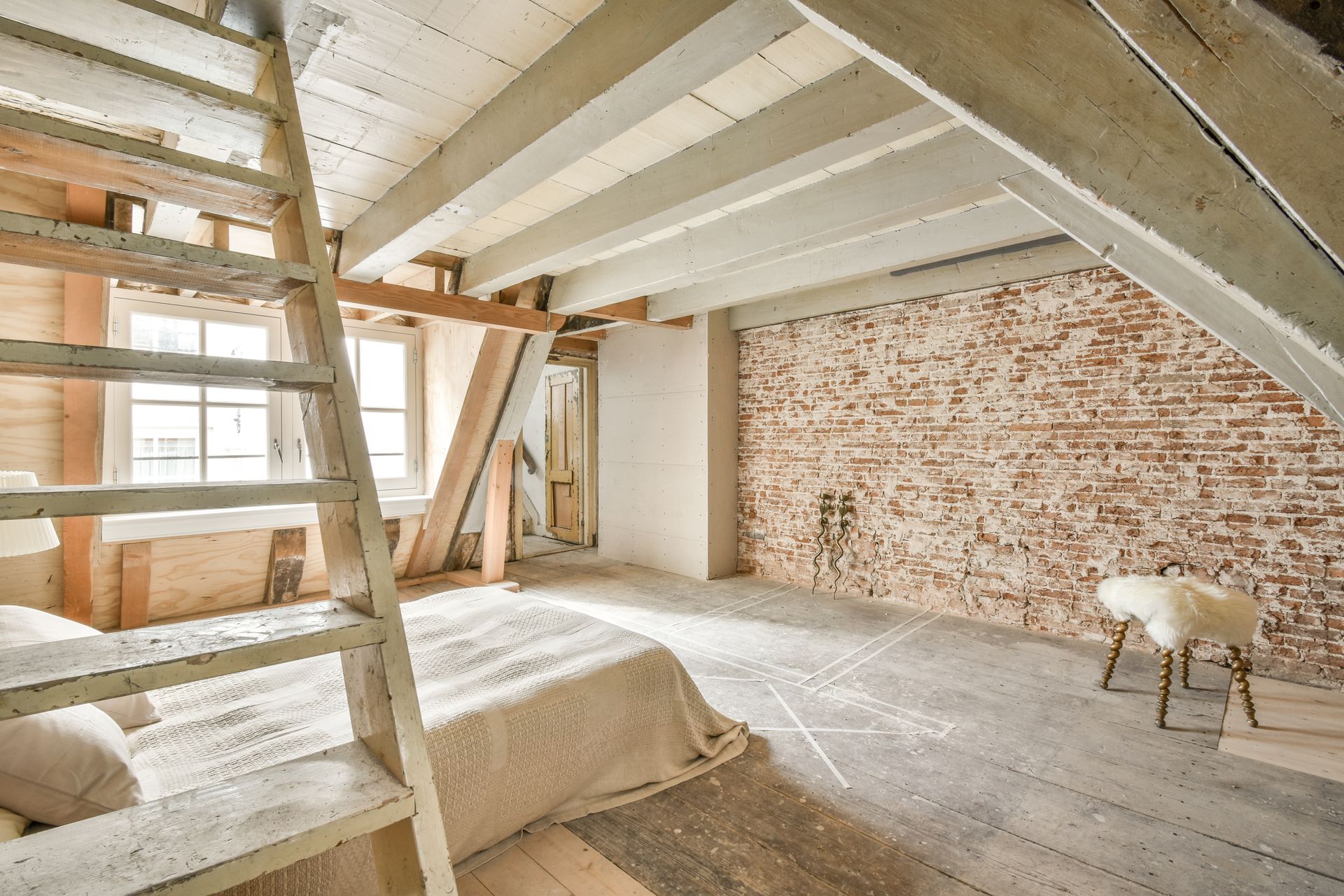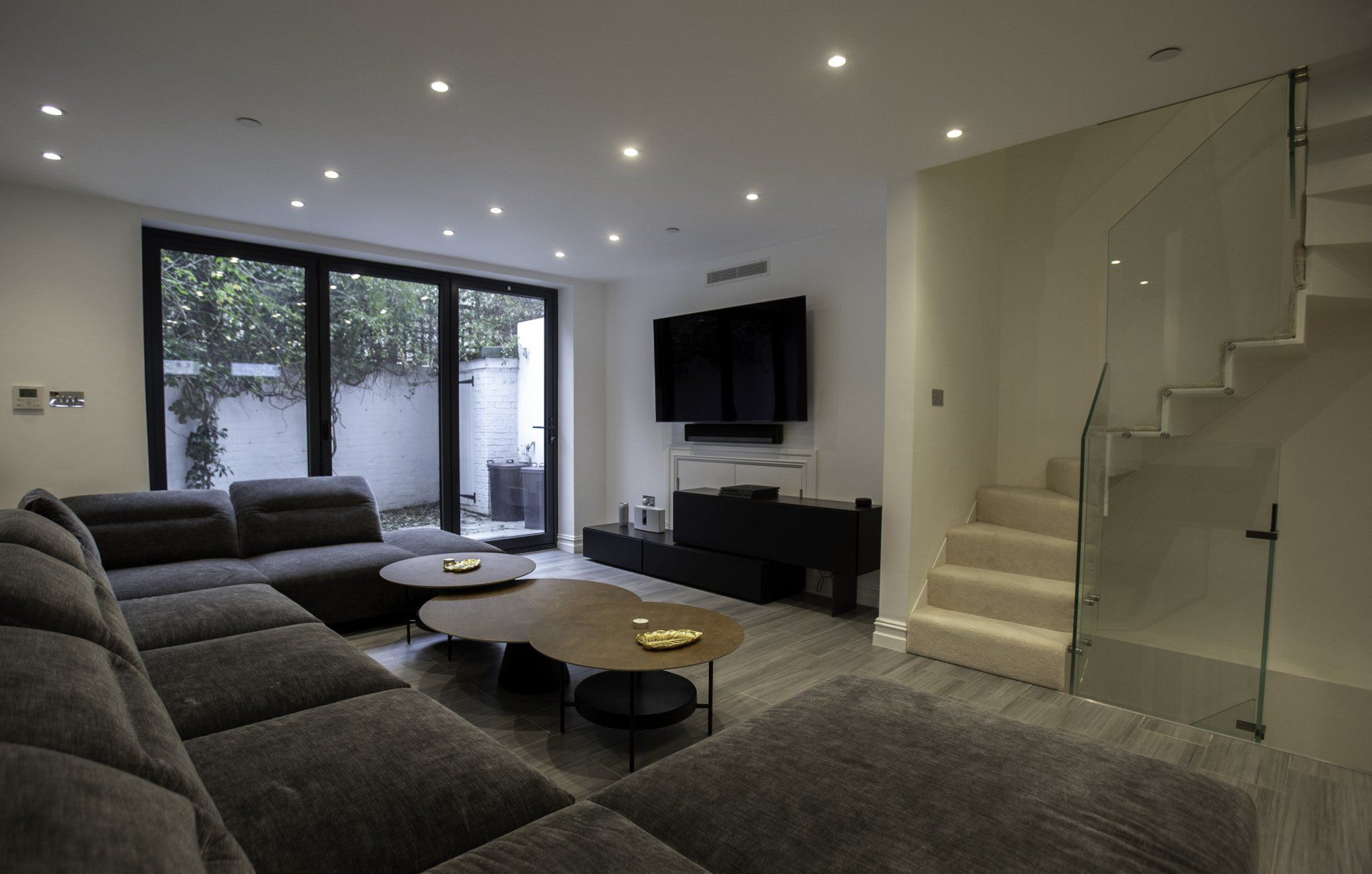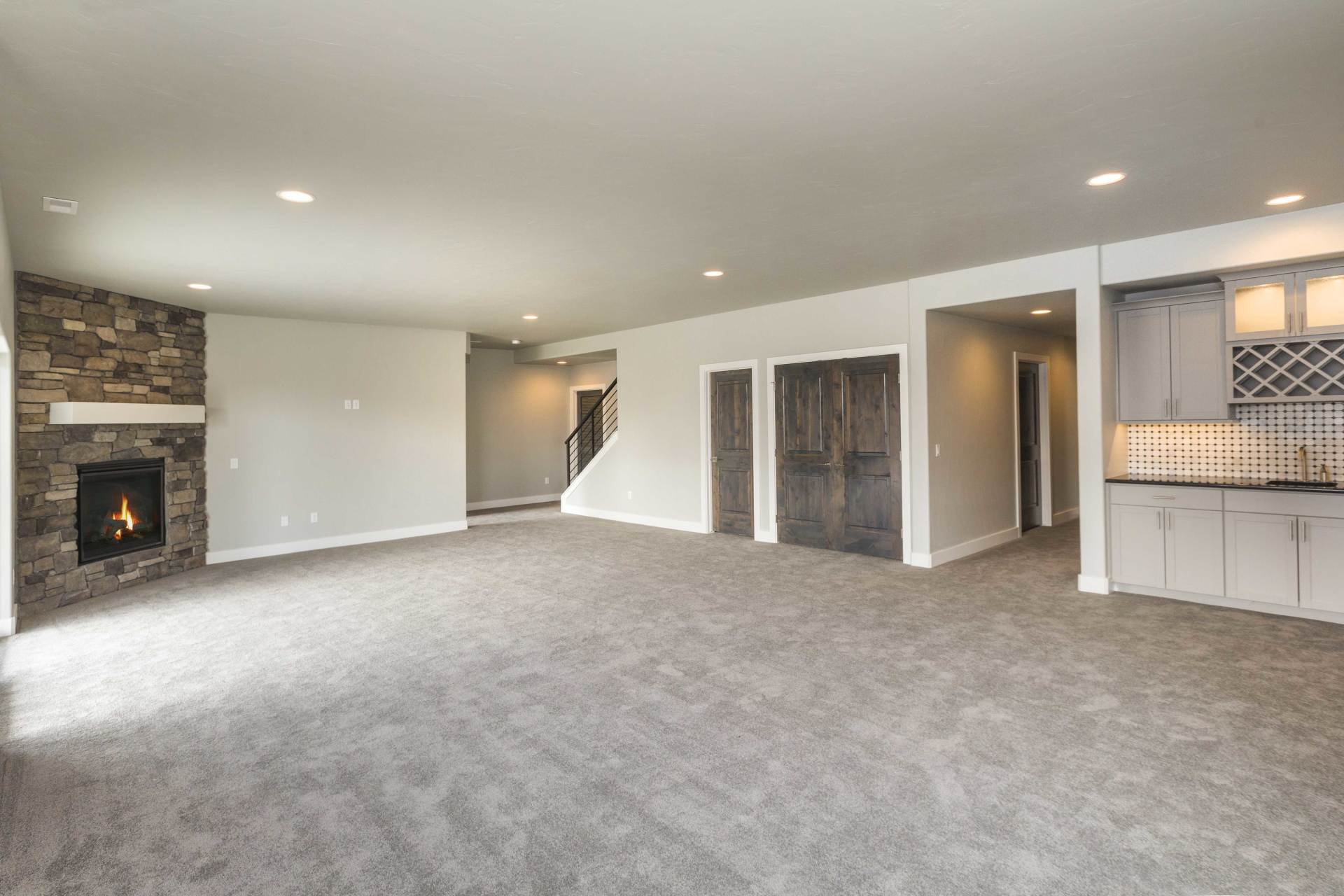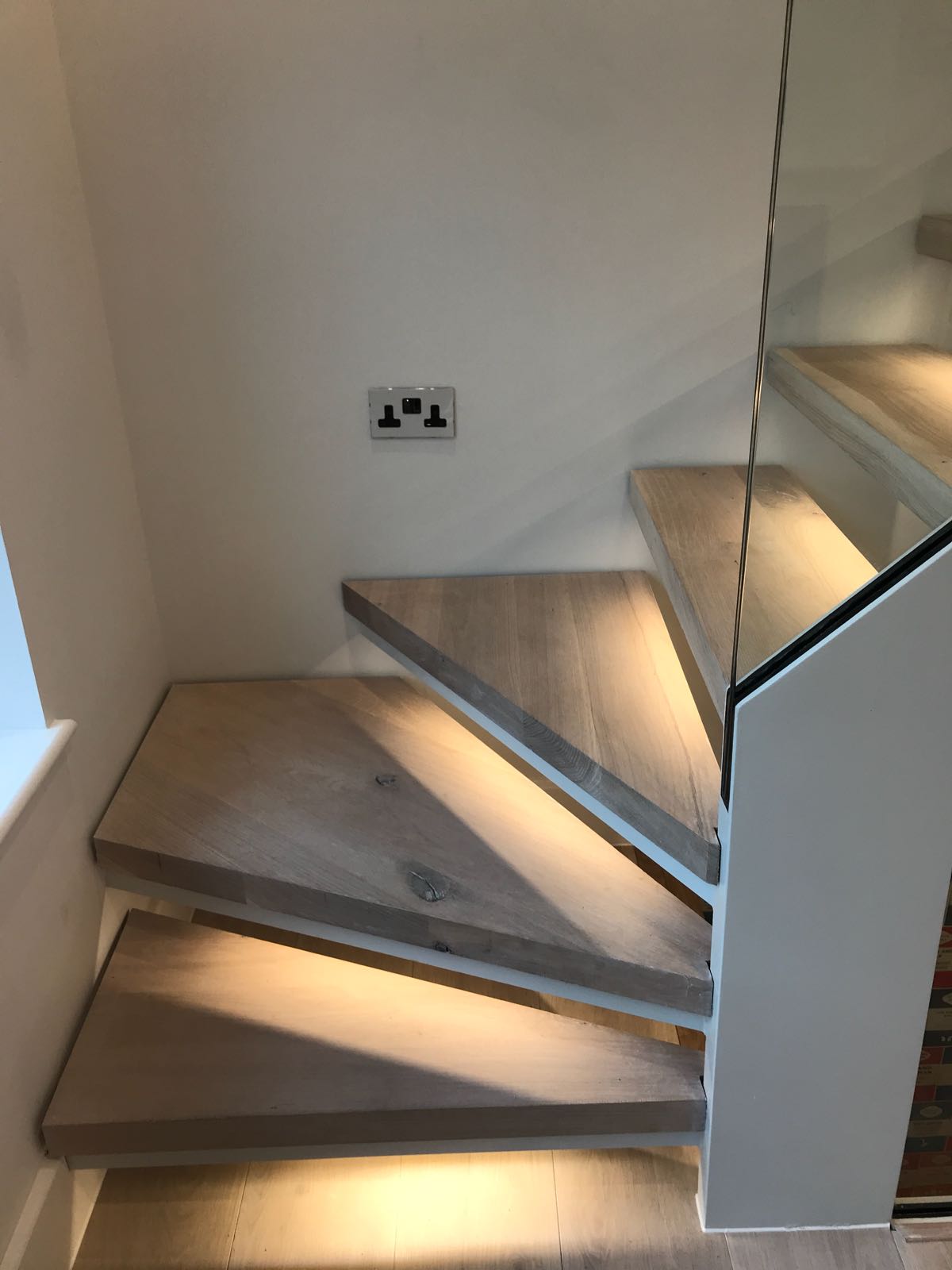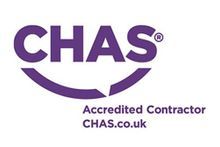EV Chargers - Explained
Going Electric? At home or work - here's everything you need to know about installing an Electric Vehicle (EV) Charger. A worthy investment for the future.
Today there are an estimated 477,000 electric cars (EVs) on the road in the UK and more than 790,000 plug-in hybrids (PHEVs).
The growth of the EV market is expected to accelerate in the coming years as the UK prepares itself for the 2030 ban on new petrol and diesel vehicle sales. However, following big investment in the UK’s charging infrastructure, we think there has never been a better time to buy a new or used EV.
Are you considering making the switch?
Whilst there are a growing number of EV charging locations across the UK, you'll need to get your hands on an Electric charging point. In some cases, Government funding is available: up to - £500 for domestic installations, £300 for commercial installations.
Unless you’re an electrician with experience in installing EV chargers, don’t do it yourself. Always hire an experienced and certified installer. This might prove to be more expensive in the short-term, but it’s vital for making sure your charger is properly and safely installed and that you comply with all regulations. Furthermore, some EV charging points will lose their warranty, if not installed by a certified electrician. You don’t want to risk that.
At Hughes Group we have plenty of experience in installing car chargers at both domestic and commercial properties. We are NICEIC approved and our team of Electricians are fully qualified and insured. We can help you choose the most appropriate charging station to meet your needs and budget. They are not all the same.
Here's our check list:
- Safety - this is your number 1 priority. You need to ensure that your charging points are installed safely to avoid the risks of fire or electric shock
- Compliance - Choosing an experienced EV installer also means you’ll be guaranteed compliance with national regulations.
- Price - Our starting price is £350+ materials, though the exact figure we quote you will be based on a site assessment, where we will take into consideration the location and technical requirements of your home or workplace and which charger you are looking to have installed. (For example: things like how far away your fuse box is from your parking spot means more cable is needed) - Don't forget, there are grants available, we can help you with that too.
Let us know if you'd like a chat about your options or for us to come and take a look and provide a quote.
Phone: 01344299 889
Email: info@hughesgroup.co.uk
Or complete the contact form below:
Contact Us
